- 17 Posts
- 41 Comments

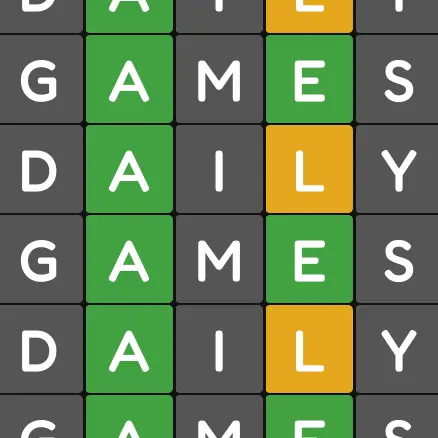 1·3 days ago
1·3 days agoThat’s a very solid time for a Wednesday puzzle!! Glad the puns are appreciated because there’s going to be a lot of them… :)

 1·3 days ago
1·3 days agoExcellently done! The current flow of the website isn’t as kind when you solve the anagram first, but it’s something we’re considering for the next layout design!

 3·6 days ago
3·6 days agoSo I’m very open to feedback on this, but my general idea behind construction and word choice is that I permit 1 obscure word because you don’t ultimately need to know it to solve the puzzle. In theory, you only need to know half of the clues. Issues arise when two obscure words intersect, but I do my best to avoid those.
It’s a bit of a trade-off between being able to make grids, and keeping all the words common and general knowledge. Being able to fit a specific grouping of letters into a grid is tricky, which is why I allow words to be backwards. While it’s a nice quirk to differentiate the puzzle, it’s actually very necessary for me to make grids in the first place!
However, I’m always trying to expand my dictionaries, and fine tune them so that grid solutions are fair.
In the future, I want to be able to allow people to opt in to dictionaries - so you can choose puzzles that only have general knowledge words, but, for example, if you know everything about Lord of the Rings, I can add in puzzles where I needed “Eowyn” or “Gimli” to end up creating a grid.
I’m rambling now I fear, but back to your point, I currently feel okay adding in 1 obscure word because it doesn’t ultimately block the puzzle solve, it lets me make more grids, and I think there is an element of fun learning new words - however, if the obscure word does end up ruining the experience of the puzzle overall, then perhaps a recalibration is needed on my end, at least in the interim until people can opt in to certain dictionaries! Would love your thoughts on this!

 2·8 days ago
2·8 days agoGlad to hear!! New puzzles every Monday, Wednesday, and Friday!

 1·8 days ago
1·8 days agoDid any of the anagrams you found go nicely with the title? It’s rare but sometimes a puzzle does end up with more than one reasonable answer!
And glad you liked it! I like to employ the cryptic clue convention of using ? if I’m giving a pun or indirect definition

 2·10 days ago
2·10 days agoDid they all end up going through?? Apologies! Next time I get the error I’ll double check it doesn’t actually go through.

 2·10 days ago
2·10 days agoSorry for putting puzzle in the main text today, it was not letting me submit my post with it in the URL field for some reason?

 1·13 days ago
1·13 days agoAnother incredible time! Interesting, I think I need to spend more time diving into difficulty because by the way you’re all going maybe this should have been a Monday puzzle!

 2·13 days ago
2·13 days ago2:39?! Wow, things must have clicked together for you really nicely! Phenomenal time for Friday!

 2·15 days ago
2·15 days agoExcellently done!! The first of many I hope 🙂

 3·17 days ago
3·17 days agoMy thought process for the title is that you shouldn’t be able to solve the puzzle directly from it, but that it makes sense in retrospect and is an attempt to create that “aha!” moment when you solve the anagram and can validate your thinking with the puzzle title. I know I don’t always knock that out of the park, but in this case you’re completely on the money.
!A salamander dropping its tail is, in my mind, a gamble that the predator will be distracted/sated with the tail so that the salamander can get away instead of being eaten, and the title itself allows for a bit of obfuscation in the sense that people can bet on coin flips or “gamble on heads or tails”.!<

 3·17 days ago
3·17 days agoYikes! Fixed the clues, thanks for that flag! Very pleased to hear you’re enjoying them 🙂

 2·21 days ago
2·21 days agoThat’s completely fair! Because there are so few clues, I tend to try and combine some easier clues with more obfuscated ones. With games like Wordle, I feel like when I solve it in 20-30 seconds it feels underwhelming, so I try to include a few clues that give pause for thought and a bit more of a sense of accomplishment when solved. I think this one was a touch heavy on the trickier clues though.
The hardest thing about making these puzzles is being so restricted by the letters I can use for each puzzle. I used to include three-letter country codes in my grids, but eventually deemed them a bit unfair for the average solver. That said, I eventually want to be able to let people opt in to obscure knowledge that they know, so I can provide puzzles I’ve only been able to create that have those obscure acronyms and terms in them!

 1·21 days ago
1·21 days agoNow that’s an impressive time for a 14-letter puzzle!

 1·21 days ago
1·21 days agoI really love setting cryptic clues, and by no means am I that proficient at them, but it’s not a huge group who can solve them - though it’s one of my long-term goals to foster more of a love for cryptics!
For 3 down >!I’m being a little sneaky with a Master’s degree, which is denoted by “Ma”, so two “Masters” would be MaMa!<!

 1·21 days ago
1·21 days agoThe answer I was going for there is that >!since there are two of them, they are both “Eds” and so it’s a plural on the name “Ed”.< I do that for a few >!two- or three-letter names!< - do you think that’s too unfair an answer though?

 1·21 days ago
1·21 days agoI think this one stumped a good chunk of people! I think I can see why though and will try to avoid for future puzzles!

 1·21 days ago
1·21 days agoI DM’d you a picture of the solved grid 🙂
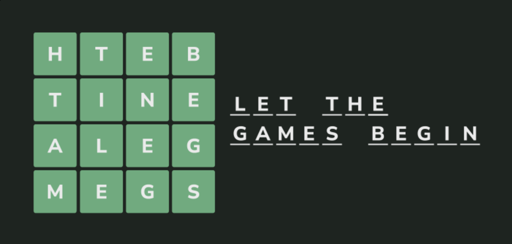
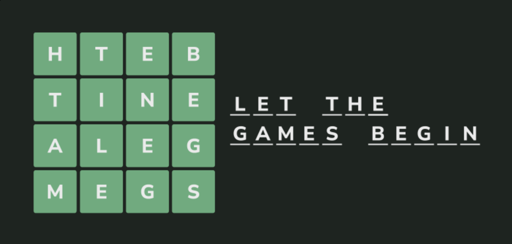
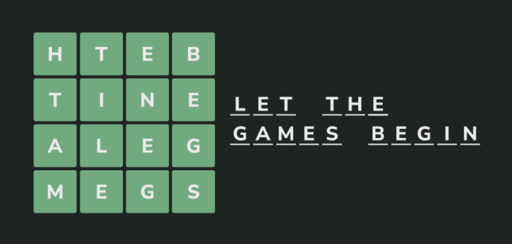
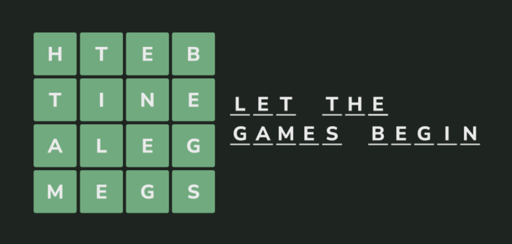
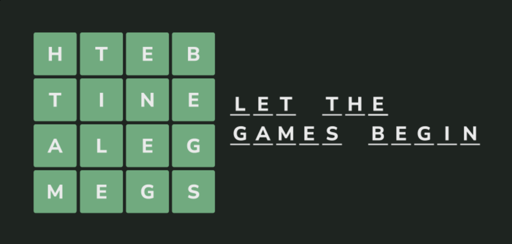
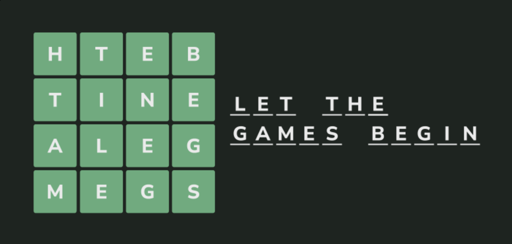
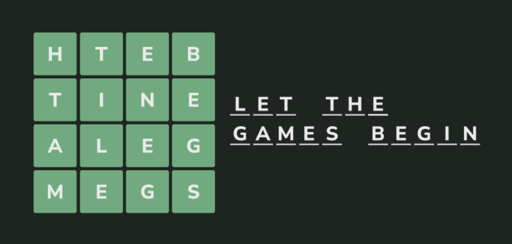
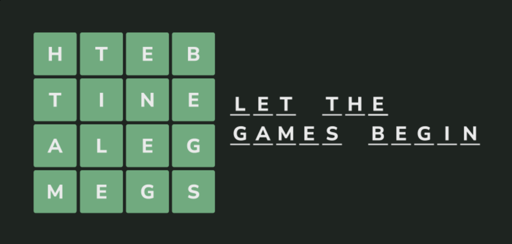
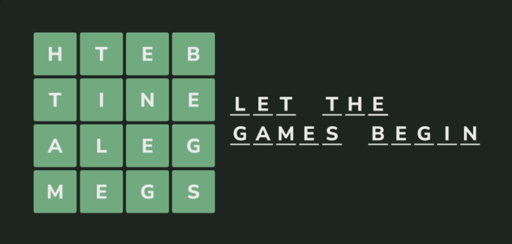
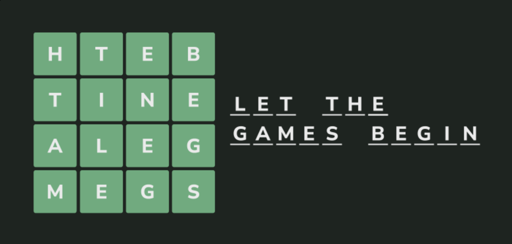
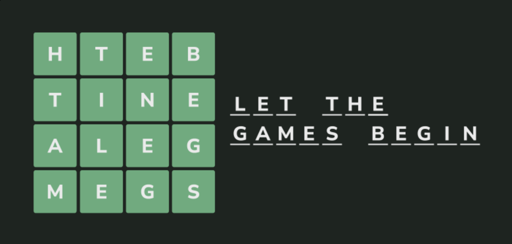
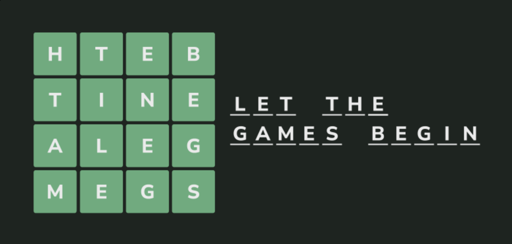
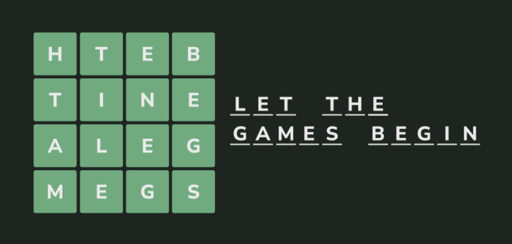
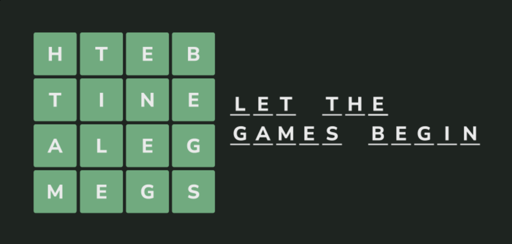
Still a good Wednesday time! I was pleased with today’s title.
I suspect this coming Friday’s puzzle will make most people groan so if you tackle that one don’t worry about missing anything obvious, but bring some tomatoes to throw at me…